Charter vs. Disney: A Disney-ruptive proposal!
Charter Communications, Inc. has issued an update regarding its ongoing contract negotiation dispute with The Walt Disney Company. At the September 1, 2023 investor webcast, Charter’s CEO, CFO and President of Product and Technology presented the company’s vision for evolving the video business, and desire for The Walt Disney Company to Join the company in leading the industry towards a customer-centric business model.
The dispute revolves around The Walt Disney Company's insistence on "unsustainable price increases" and the requirement for customers to subscribe to their products, even when they may not desire or afford them. Additionally, the proposal calls for customers to pay twice for content apps already included with their linear video subscriptions, a situation that Charter finds unacceptable.
Channels like ESPN and ABC were taken off the air for customers of Charter's Spectrum cable service in the US in the middle of US Open tennis coverage and similar live sporting events, reports Reuters.
"We think the opportunity for customers and all of us as market participants is too big, too important, and too timely to pass up. The Walt Disney Company and Charter have the opportunity to work together on transforming the industry for the long-term benefit of both companies and their customers. Without them, we need to pivot to other models to drive value for our connectivity relationships. We are either moving forward together with a collaborative business model, or we’re moving on," said Charter.
Charter Communications expresses its utmost respect for the quality video products produced by The Walt Disney Company and the expertise of its management team. Nevertheless, the current video ecosystem is facing significant challenges, prompting Charter to seek a more sustainable path that aligns with consumer preferences.
Charter has presented an alternative model to The Walt Disney Company, one that fosters better industry alignment and delivers superior products to customers. This model is designed to stabilize linear video while providing a clear growth trajectory for direct-to-consumer (DTC) video, ultimately benefiting both programmers and the broader video ecosystem.
This situation did not materialize overnight, and it is not the fault of any single entity, says Charter. Over the past decade, linear video subscription services have experienced a decline due to the migration of valuable programming to DTC options and the escalating costs of programming coupled with subscriber losses.
In the last five years, the linear video industry, encompassing both traditional and virtual multichannel video programming distributors (MVPDs), has lost nearly 25 million customers, equivalent to almost 25% of the total industry customer base.
Simultaneously, programmers have moved their content away from linear channels towards a la carte direct-to-consumer offerings, featuring limited advertising and permissive password rules.
Over the past four years, The Walt Disney Company's cable portfolio has witnessed significant viewership declines, particularly in sports, general entertainment, and children's programming. Nonetheless, as negotiations began, The Walt Disney Company proposed a long-term deal that, in Charter's view, fails to address the evolving marketplace. This proposal includes higher license fees, demands for payment for customers who do not receive its services, and reduced packaging flexibility.
Charter believes that accepting The Walt Disney Company's current offer for a traditional distribution deal would disregard the present realities of the video business and hasten its decline. This decision was not taken lightly, considering that Charter had expected to pay The Walt Disney Company more than $2.2 billion for the right to carry its content in 2023, exclusive of advertising impacts.
In response, Charter has extended an offer to The Walt Disney Company, envisioning a partnership that could revitalize the industry and restore mutual growth to the video business. Charter is willing to accept The Walt Disney Company's "market" rates in return for: Lower penetration minimums to offer package flexibility to customers.
Inclusion of their ad-supported DTC apps within Charter's bundled linear products, eliminating the need for customers to pay for similar programming twice. A commitment from Charter to promote The Walt Disney Company's DTC products to broadband-only customers. This model, Charter believes, would provide consumers with compelling video product options that offer flexibility in choosing from a variety of high-quality packages, catering to varying content preferences and budgetary needs. For The Walt Disney Company, this model offers a path to manage its migration to a larger DTC business while stemming losses in linear subscription and advertising revenue. It also stands to reduce DTC churn, increase advertising revenue, and potentially drive more upgrades within their digital television apps, creating a more sustainable revenue stream.
For Charter, the model renews incentives to grow linear video relationships, enhances flexibility in retaining price-sensitive linear customers, and provides new incentives for selling DTC subscriptions to broadband-only customers. Charter has even offered a shorter-term contract extension with penetration minimums, allowing for continued flexibility in consumer choices. Regrettably, The Walt Disney Company has informed Charter that they are not willing to accept a contract extension.



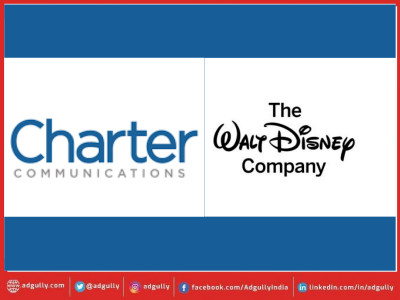


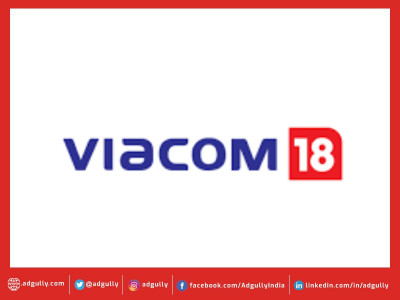
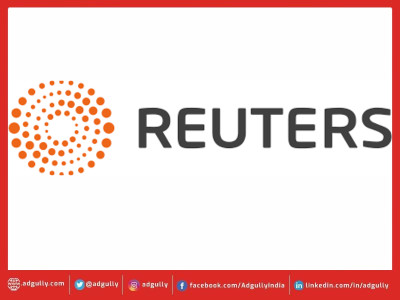
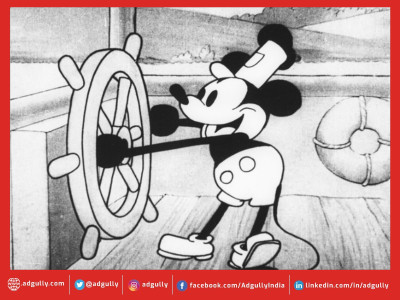


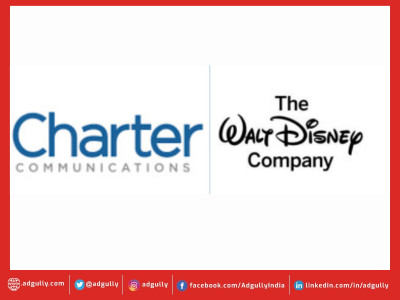


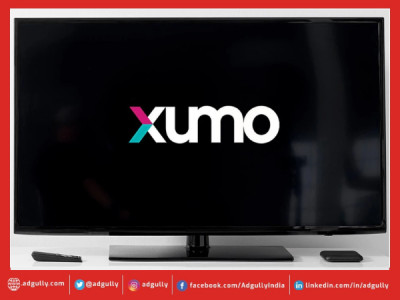



Share
Facebook
YouTube
Tweet
Twitter
LinkedIn